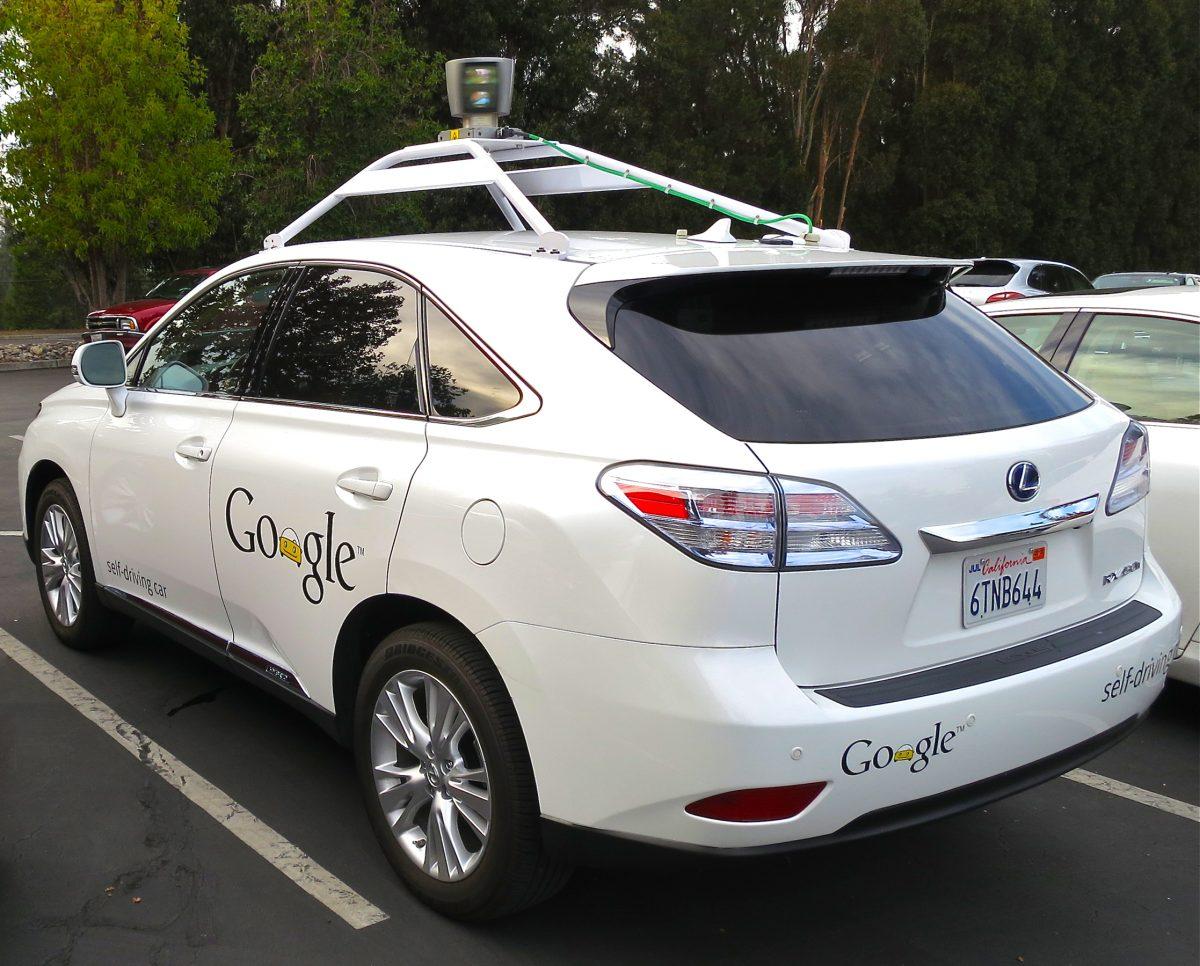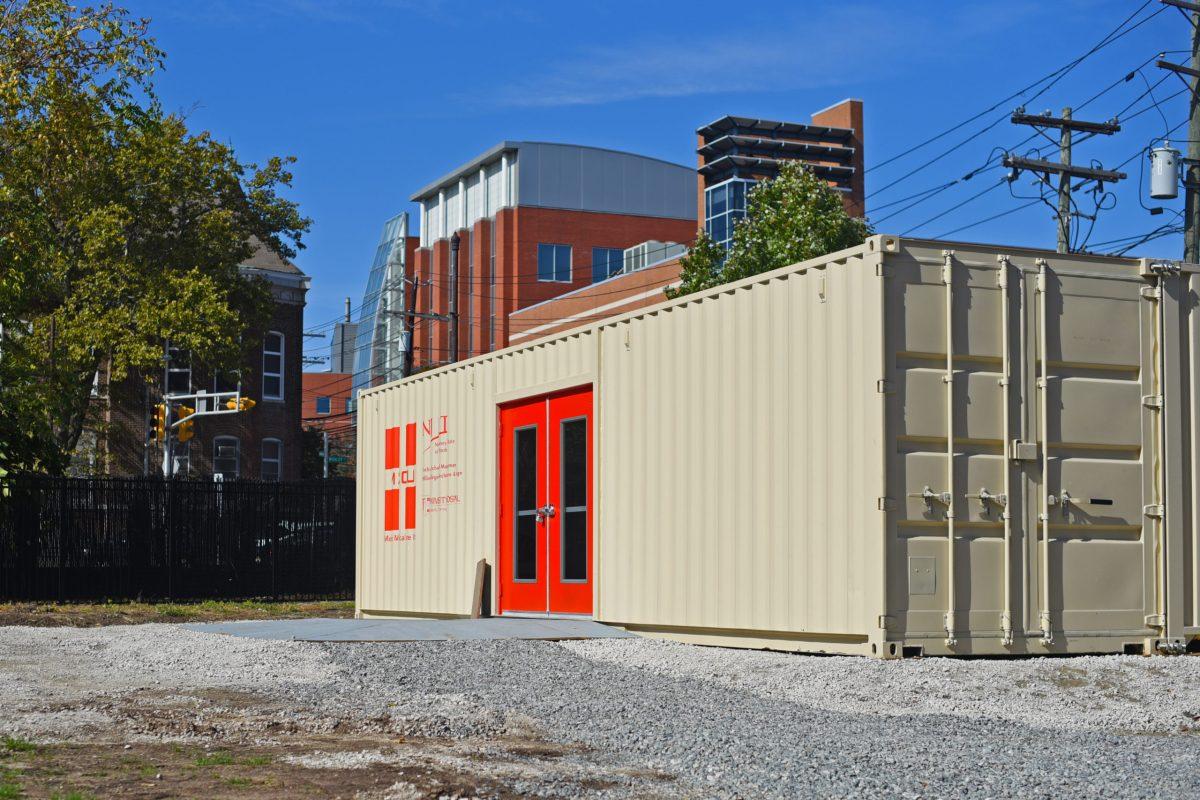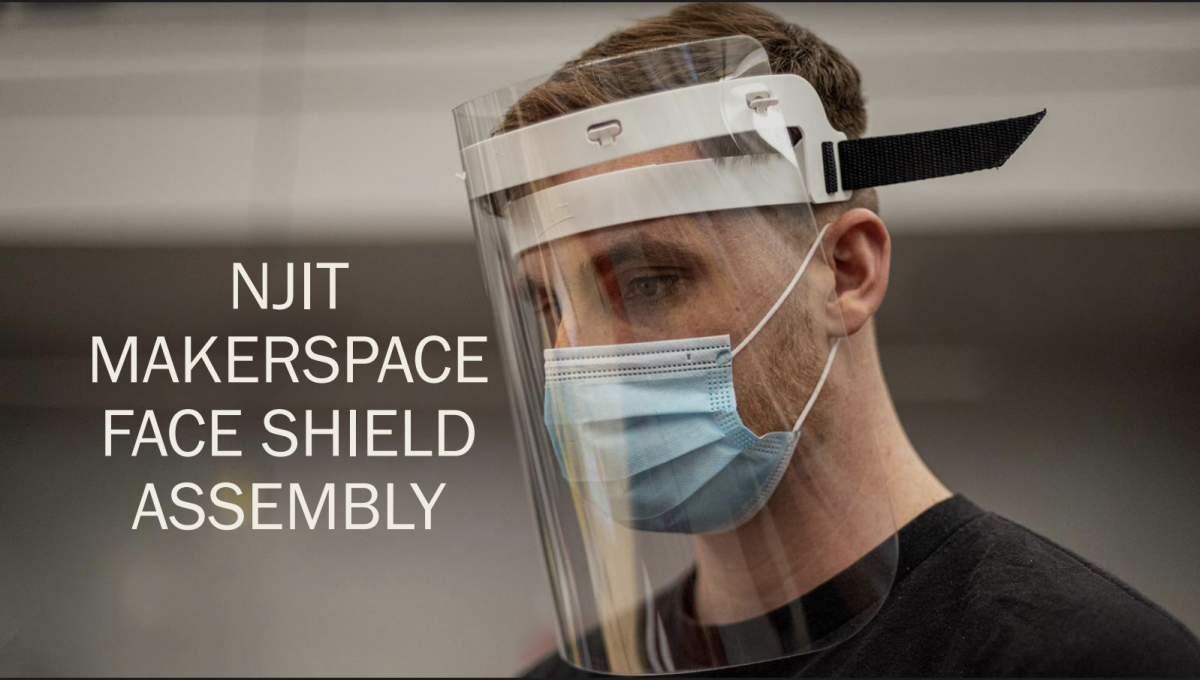If you’re a commuter who drives to school, do you actually drive? Or do you commute to school? I think there’s a big difference between driving and commuting, with the latter being significantly more dangerous than the former. It’s regrettable that so many fatal car crashes happen every year that may be caused by human error. Automobile manufacturers and technology companies alike are trying to solve this problem with autonomous vehicles.
As I said before, there’s a difference between driving and commuting. Driving is a fun activity you accomplish with your car without endangering others, while commuting is a means to an end. Generally commuting is boring and repetitive, and when you have those two together, problems start happening. This is where robots come in; they exceed at repetitive tasks that suck the souls out of people, and they can be safer.
Carl Urmson, leader of Google’s autonomous car project, claims that their self-driving cars can accelerate and decelerate more smoothly than their professional drivers. Using the data logged from their hundreds of thousands of miles of autonomous driving, Google has generated and analyzed statistics that showed their robo-cars are better at maintaining safe driving distances than humans are. However, this claim was made with a very small sample from their own fleet of driverless cars and supervisors. It would be quite a feat if the claim held true for the general public.
Should we just surrender to our robot overlords now? I don’t think so, but self-driving technology is nearly there, and it’s advancing rapidly. We currently have many electronic assists in our vehicles in order to make them easier to operate. Many of the technologies we find in most cars sold in the U.S. today have trickled down from high level or industrial applications, and particularly for automobiles, professional racing and luxury vehicles have been leading the way with systems such as traction control, anti-lock braking, and automatic transmission. Even now, manufacturers like Mercedes-Benz and Volvo feature advance systems in their vehicles such as emergency braking systems. Other advanced systems from manufacturers include lane departure warning and adaptive cruise control systems.
With all of these assists, it seems like auto makers are taking away more and more of the driving experience away from the actual operators, and with autonomous driving in the works, soon we may not be “driving” at all.
I’m sure this concept will be quite unsettling for the first few commercial systems released, but I bet that people will start warming up to them soon enough. The most predictable problem with these autonomous systems is the question of liability if and when an accident happens involving an autonomous car. Luckily for us, there are existing product liability laws that put the manufacturer at fault if an autonomous car of theirs crashes. The data that autonomous cars use to navigate by themselves will be a powerful tool to determine what happened in a crash, and this is already on top of the information logged from systems in modern cars.
Are we safe drivers today? Maybe, but that doesn’t stop auto manufacturers from developing systems to help us drive. Some companies, such as Google, just want to relax and have the car drive for them, and they’ve developed a system that does exactly that. They claim their autonomous cars are statistically safer than their human drivers, but who knows if their statistics will hold true for the masses. I would like to try an autonomous driving system myself, and I’m sure doing so would scare the daylights out of me, but with having an hour commute to school, autonomous driving is a very appealing feature I would like to have in my car.
Alberto Vergara































